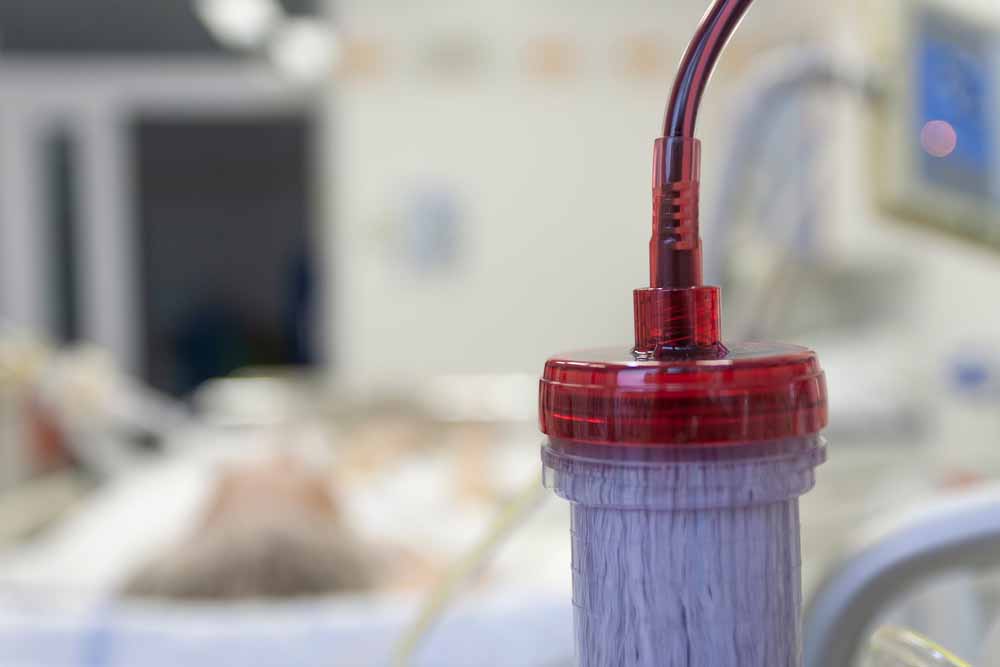Shortages of ventilators for severe respiratory complications of COVID-19 disease have received much attention in the media.
However, emerging evidence of increasing prevalence of acute kidney injury (AKI) in COVID-19 ICU patients has raised concerns about another shortage of healthcare resources: renal replacement therapy devices such as dialysis machines.
COVID-19 disproportionately affects patients with pre-existing comorbidities, and renal patients are no exception. In a meta-analysis (not peer-reviewed) of 30 studies involving 53,000 patients in China, chronic kidney disease (CKD) was associated with a six-fold increased risk of severe COVID-19 (odds ratio (OR), 6.0). This compared with an OR of 5.3 for COPD and 3.2 for cerebrovascular disease.
It is now known patients can present with advanced AKI despite no previous history of CKD. In preliminary observational data from Wuhan, the incidence of AKI among COVID-19 infected patients was approximately 5% and increased to 25-29% in critically ill or deceased patients. The incidence in the U.S. appears to be higher: Based on a recent study conducted in New York state, 36.6% of 5,449 hospitalized patients developed AKI, and nearly 15% required dialysis.
COVID-19 AKI pathophysiology is not completely understood but available data suggests that complex pathogenesis leads to injury above and beyond the effects of systemic hemodynamic changes and cytokine release syndrome. Autopsy findings suggest that thrombotic microangiopathy, direct virus cytotoxicity, and immunological injury are important contributing factors.
Based on a single-center, prospective, cohort study of 701 patients, the main manifestations of kidney disease in COVID-19 were hematuria (27%), proteinuria (44%), and AKI (5%), which were independently associated with a higher risk of death. AKI is usually associated with multi-organ dysfunction and is a poor prognostic indicator. The hazard ratio for in-hospital death was 3.5 for stage 2 AKI and 4.8 for stage 3 AKI after controlling for age, severity of illness, and comorbidity.
SARS-CoV-2, the virus which causes COVID-19 disease, enters host cells after binding to the transmembrane angiotensin converting enzyme-2 (ACE2) protein on cells in the lung, heart, blood vessels, kidney, and gastrointestinal tract. Kidney histopathology examined in an autopsy series of 26 patients showed acute tubular injury, collapsing glomerulopathy, and intracellular evidence of particles resembling coronaviruses.
Optimization of fluid volume status to exclude and treat prerenal (functional) AKI is a key component of therapy, but it is done with extreme care as it may worsen the patient's respiratory status. According to COVID-19 treatment guidelines, patients should be kept “dry” to protect the lungs from developing alveolar edema. However, a balanced approach taking into consideration a patient’s hydration status is essential. The use of high positive end-expiratory pressure (PEEP) to support the lungs, while necessary, can damage the kidneys if the patient is dehydrated.
The profile of COVID-19 renal patients appears to be different than what is generally observed in non-COVID-19 critically ill ICU patients who develop AKI. The former present with profound metabolic acidosis, high potassium levels, and an overall severe catabolic state. This presentation requires more aggressive treatment and prompt renal replacement therapy initiation in an effort to maintain metabolic control, raising concerns regarding availability of resources, from dialysis machines to dialysate solution, and trained medical personnel.
Nephrologists from Italy and Spain are sharing valuable lessons learned during this pandemic, reporting that COVID-19-related mortality among kidney dialysis and transplant patients ranged from 17-23%. Among several drugs tried (e.g. hydroxychloroquine, lopinavir/ritonavir), the gout drug, colchicine, has offered a beacon of hope. Colchicine was used successfully in the treatment of two kidney transplant patients with COVID-19 and will be further investigated in a randomized controlled trial.
Summary
Emerging data indicates that renal disease is a major complication of severe COVID-19 disease and a significant risk factor in death. It can take the kidneys approximately six weeks to recover from AKI. Thus, the coming weeks and months will provide important data on the number of survivors who may have residual disease and potential long-term renal sequelae.



